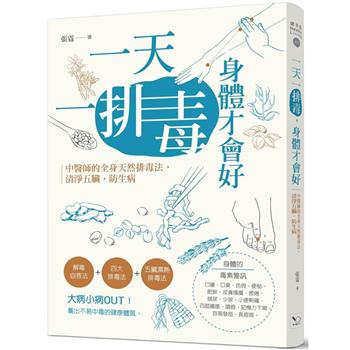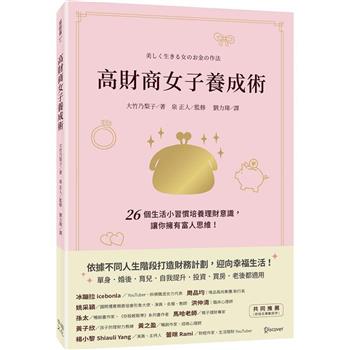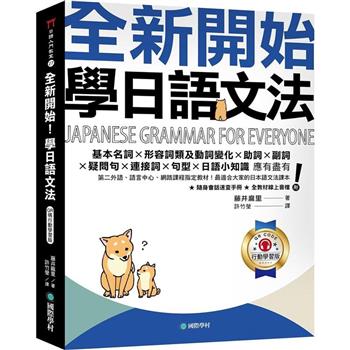George MacDonald (10 December 1824 - 18 September 1905) was a Scottish author, poet, and Christian minister. He was a pioneering figure in the field of fantasy literature and the mentor of fellow writer Lewis Carroll. His writings have been cited as a major literary influence by many notable authors including W. H. Auden, C. S. Lewis, J. R. R. Tolkien, Walter de la Mare, E. Nesbit and Madeleine L’Engle. C. S. Lewis wrote that he regarded MacDonald as his "master" "Picking up a copy of Phantastes one day at a train-station bookstall, I began to read. A few hours later," said Lewis, "I knew that I had crossed a great frontier." G. K. Chesterton cited The Princess and the Goblin as a book that had "made a difference to my whole existence". Elizabeth Yates wrote of Sir Gibbie, "It moved me the way books did when, as a child, the great gates of literature began to open and first encounters with noble thoughts and utterances were unspeakably thrilling." Even Mark Twain, who initially disliked MacDonald, became friends with him, and there is some evidence that Twain was influenced by MacDonald.[citation needed] Christian author Oswald Chambers wrote in his Christian Disciplines that "it is a striking indication of the trend and shallowness of the modern reading public that George MacDonald’s books have been so neglected". In addition to his fairy tales, MacDonald wrote several works on Christian apologetics including several that defended a view that has been described as Christian Universalism.George MacDonald was born on 10 December 1824 at Huntly, Aberdeenshire, Scotland. His father, a farmer, was one of the MacDonalds of Glen Coe, and a direct descendant of one of the families that suffered in the massacre of 1692.[citation needed] The Doric dialect of the Aberdeenshire area appears in the dialogue of some of his non-fantasy novels. MacDonald grew up in an unusually literate environment: one of his maternal uncles was a notable Celtic scholar, editor of the Gaelic Highland Dictionary and collector of fairy tales and Celtic poetry. His paternal grandfather had supported the publication of an Ossian edition, the controversial Celtic text believed by some to have contributed to the starting of European Romanticism. MacDonald’s step-uncle was a Shakespeare scholar, and his paternal cousin another Celtic academic. Both his parents were readers, his father harbouring predilections for Newton, Burns, Cowper, Chalmers, Coleridge and Darwin, to quote a few, while his mother had received a classical education which included multiple languages. MacDonald grew up in the Congregational Church, with an atmosphere of Calvinism. However, MacDonald’s family was atypical, with his paternal grandfather a Catholic-born, fiddle-playing, Presbyterian elder; his paternal grandmother an Independent church rebel; his mother was a sister to the Gallic-speaking radical who became Moderator of the disrupting Free Church, while his step-mother, to whom he was also very close, was the daughter of a Celtic Episcopalian minister. MacDonald graduated from the University of Aberdeen, [citation needed] and then went to London, studying at Highbury College for the Congregational ministry.
| FindBook |
有 1 項符合
Salted with fire; a story of a minister. By: George MacDonald的圖書 |
 |
Salted with fire; a story of a minister. By: George MacDonald 作者:MacDonald 出版社:Createspace Independent Publishing Platform 出版日期:2017-04-29 語言:英文 規格:平裝 / 254頁 / 22.86 x 15.24 x 1.35 cm / 普通級/ 初版 |
| 圖書館借閱 |
| 國家圖書館 | 全國圖書書目資訊網 | 國立公共資訊圖書館 | 電子書服務平台 | MetaCat 跨館整合查詢 |
| 臺北市立圖書館 | 新北市立圖書館 | 基隆市公共圖書館 | 桃園市立圖書館 | 新竹縣公共圖書館 |
| 苗栗縣立圖書館 | 臺中市立圖書館 | 彰化縣公共圖書館 | 南投縣文化局 | 雲林縣公共圖書館 |
| 嘉義縣圖書館 | 臺南市立圖書館 | 高雄市立圖書館 | 屏東縣公共圖書館 | 宜蘭縣公共圖書館 |
| 花蓮縣文化局 | 臺東縣文化處 |
|
|
圖書介紹 - 資料來源:博客來 評分:
圖書名稱:Salted with fire; a story of a minister. By: George MacDonald
|











